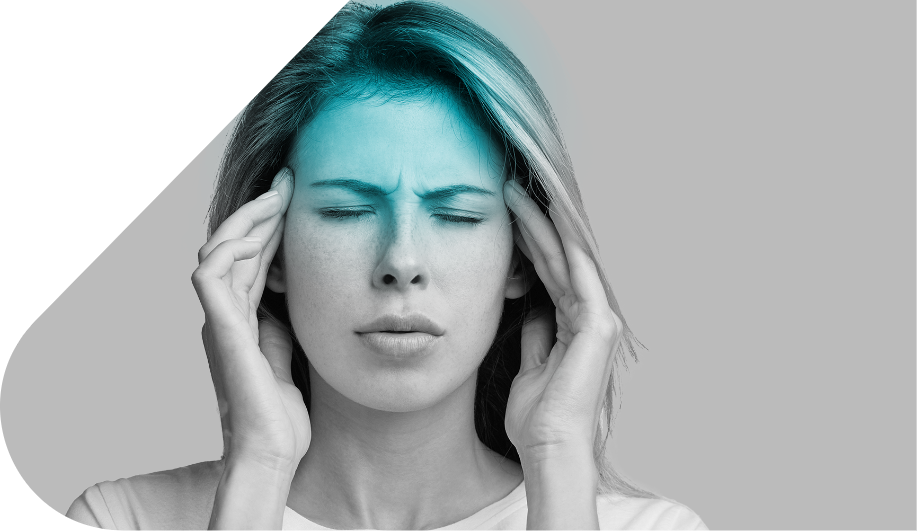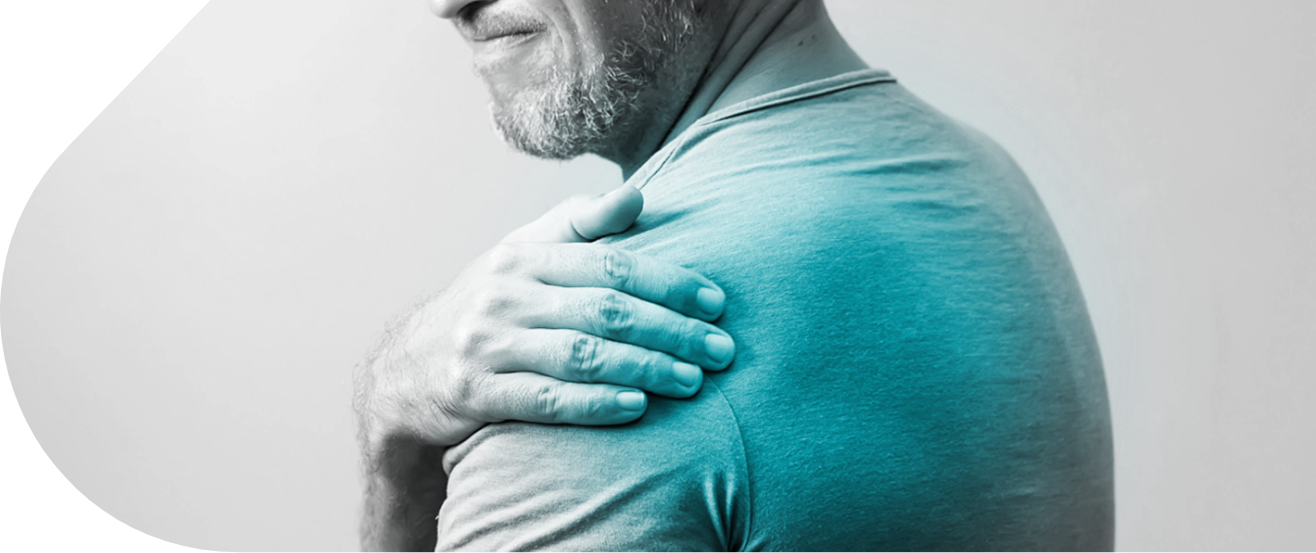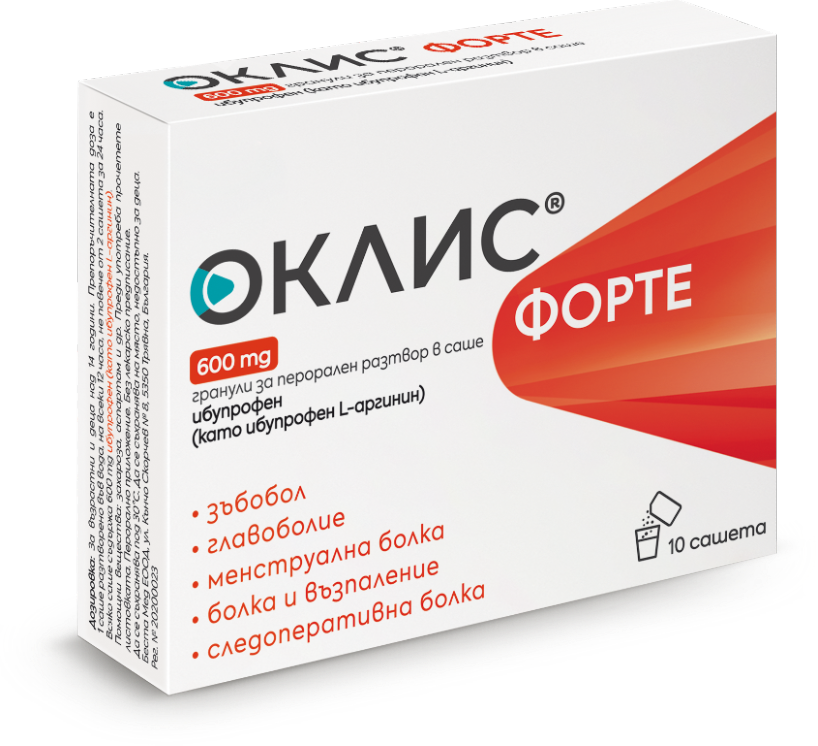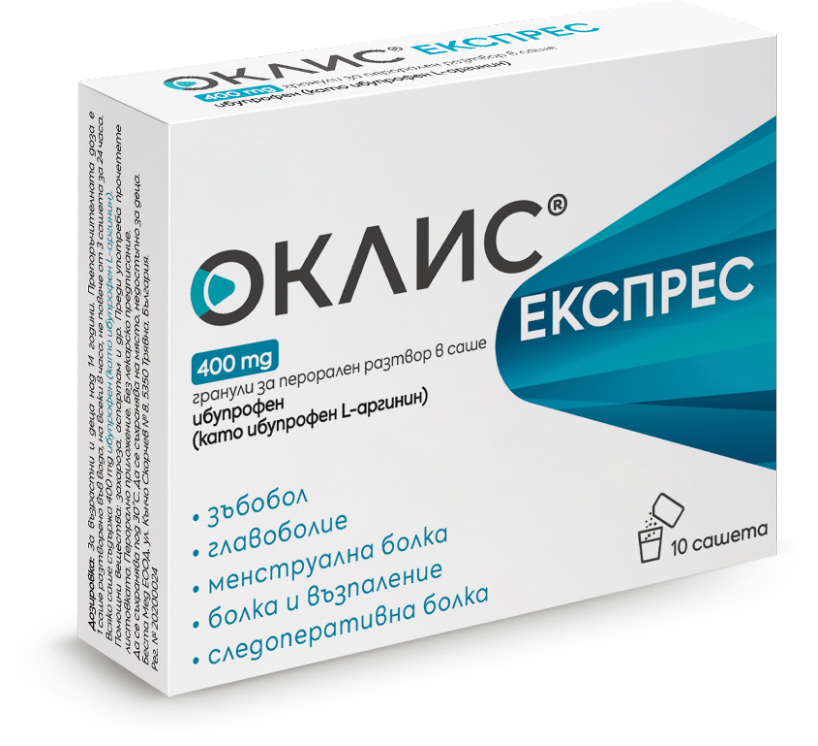Almost everyone has experienced the unpleasant feeling of stiffness or pain in the neck. We often attribute it to an awkward sleeping position or prolonged work at the computer. In most cases, this is harmless muscle tension that goes away quickly. However, sometimes neck pain can be a symptom of a more serious condition.
The most common culprits: muscles and poor posture.
In our daily lives, we often put our neck under strain. Prolonged screen time, poor posture while walking or sitting, sudden movements during sports, or even stress can lead to muscle tightness and neck pain. In such cases, rest, gentle stretching exercises, and over-the-counter pain relievers usually help. Your pharmacist can advise you on the most suitable product.
Other causes: Possible medical conditions
Neck pain can be a symptom of various other conditions that require medical diagnosis and treatment:
Degenerative (age-related) changes
With age, the spine undergoes natural wear and tear processes (spondylosis). The intervertebral discs in the neck area, which act as cushioning pads during neck movement, gradually thin and lose their elasticity. This leads to a reduction in the space between the vertebrae and the formation of osteophytes (commonly known as “bone spurs” in the neck).
Cervical spondylosis affects the cervical spine, often developing slowly and can remain asymptomatic for a long time. When symptoms do appear, they may include chronic neck pain and stiffness, which can worsen with certain movements. Sometimes, headaches and pain radiating to the shoulders may also occur.
Herniated Disc
Unlike the gradual wear seen in degenerative changes, a herniated disc is a more serious condition. Each intervertebral disc has a tough outer layer and a soft, gel-like core. In case of injury or excessive strain, this outer layer can tear, allowing the inner core to protrude and press on nearby nerve roots or even the spinal cord.
In the neck region, a herniated disc often causes sharp, stabbing pain that can be felt not only in the neck but also radiate along the affected nerve — toward the shoulder, arm, and fingers. It is often accompanied by numbness, tingling, or muscle weakness in the affected limb.
Pinched nerve (cervical radiculopathy)
This term describes a condition in which one or more nerve roots exiting the spinal cord in the neck area are compressed or irritated. As mentioned earlier, the most common causes are herniated discs or bone spurs that take up space and put pressure on the nerves.
Symptoms of cervical radiculopathy can vary depending on which nerve is affected, but typically include sharp, burning pain that radiates from the neck to the shoulder, arm, and fingers. Sensory disturbances such as numbness, tingling, or a „pins and needles“ sensation are often present, along with muscle weakness that may make everyday movements difficult.
Arthritis
Inflammatory joint diseases, grouped under the general term „arthritis,“ can affect the joints throughout the body, including the small joints of the cervical vertebrae.
Osteoarthritis, which results from the wear and tear of the joint cartilage, leads to pain, stiffness, and limited movement. Rheumatoid arthritisRheumatoid arthritis, on the other hand, is an autoimmune disease in which the immune system mistakenly attacks the body’s own joints, causing inflammation, pain, swelling, and potentially damage to the joint structures. Arthritis pain develops gradually, intensifies in the morning or after periods of rest, and is usually accompanied by morning stiffness and swelling.
Infections
Although a less common cause of neck pain, infections can be very serious. Meningitis, for example, is an inflammation of the membranes covering the brain and spinal cord, often caused by bacterial or viral infections.
Characteristic symptoms, besides severe headache and neck stiffness, include high fever, nausea, vomiting, light sensitivity, and confusion. These symptoms require immediate medical attention. In rarer cases, local infections in the neck area, such as abscesses, can also cause pain and swelling.
Injuries
Sudden and severe impacts, such as those from car accidents (leading to „whiplash“), falls, or sports injuries, can damage the soft tissues (muscles, tendons, ligaments) and vertebrae of the neck.
Whiplash occurs when the head suddenly jolts forward and backward, which can lead to pain, stiffness, headaches, dizziness, and even vision problems. Post-injury pain might appear immediately or several hours later, and it’s important to have it evaluated by a doctor to rule out more serious damage.
The primary treatment for neck pain is non-steroidal anti-inflammatory drugs, or NSAIDs. While they don’t directly address the root cause of the pain, they do relieve inflammation and improve quality of life.
One of the most well-studied representatives of the nonsteroidal anti-inflammatory drugs is ibuprofen. The innovative formula of Oclis and Oclis Forte – Ibuprofen L-arginine – allows for fast and long-lasting pain relief.








